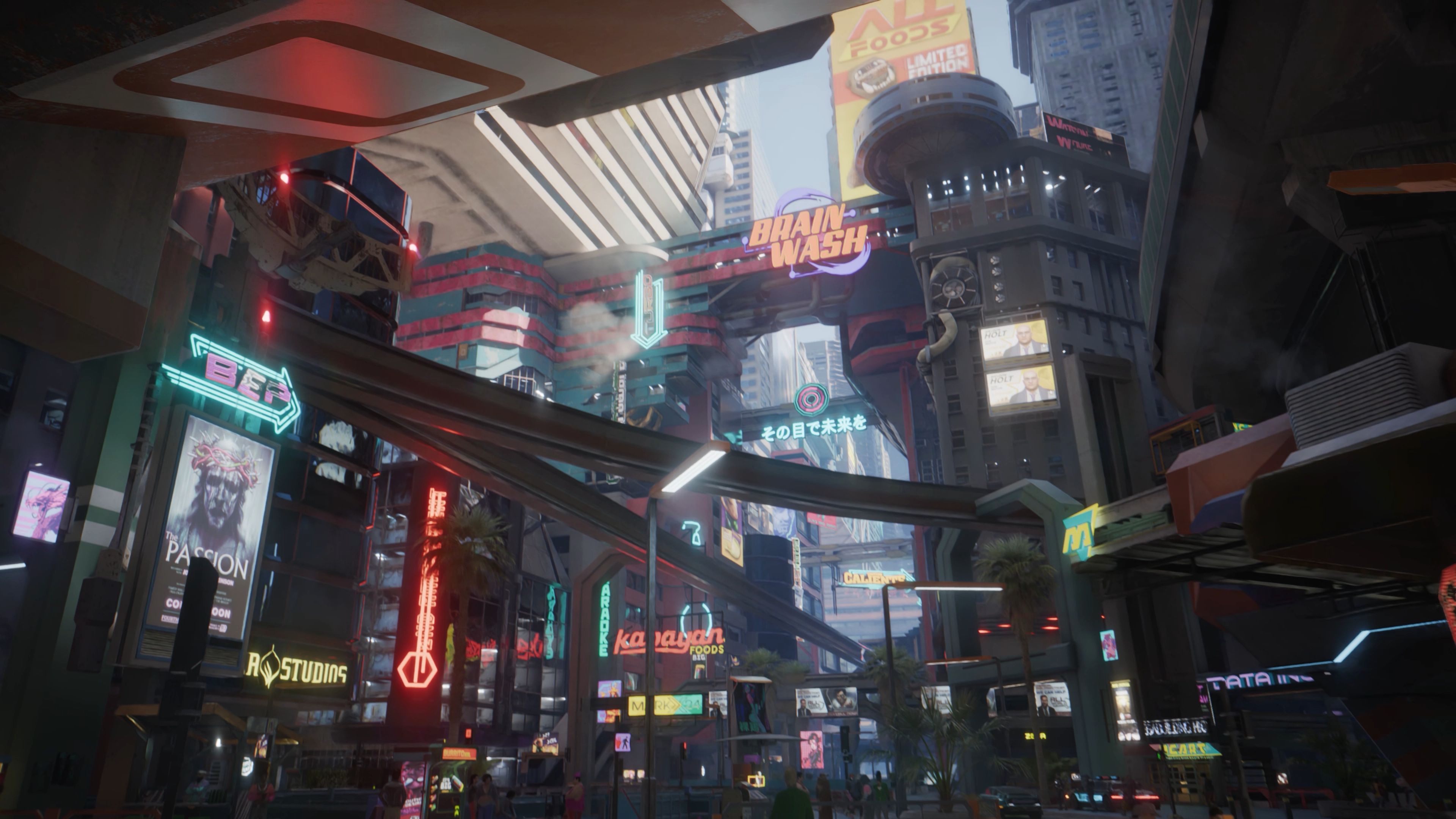The Depths of Narrative: Comparing Story-Driven JRPGs and Tactical Strategy in Chrono Trigger and Fire Emblem
The role-playing game (RPG) genre has long been celebrated for its ability to immerse players in rich, complex worlds. Among its subgenres, story-driven Japanese RPGs (JRPGs) like Chrono Trigger and tactical strategy series such as Fire Emblem represent two distinct approaches to depth in gaming. While both offer profound experiences, they excel in different dimensions: Chrono Trigger emphasizes narrative complexity, character development, and thematic exploration, whereas Fire Emblem focuses on strategic depth, player agency in consequences, and systemic storytelling. Determining which has "more depth" depends on how one defines depth—be it emotional, narrative, or mechanical.
Narrative and Thematic Depth in Chrono Trigger
Chrono Trigger, developed by Square (now Square Enix) in 1995, is often hailed as a masterpiece of storytelling in gaming. Its depth lies in its intricate plot, which weaves together time travel, existential themes, and character-driven arcs. The game explores profound ideas such as fate versus free will, the consequences of human actions, and the resilience of hope across epochs. For instance, the character Magus embodies moral ambiguity, blurring the lines between villainy and redemption, while the silent protagonist Crono’s journey allows players to project themselves into a narrative that questions the very nature of existence.
The game’s multiple endings—a novelty at the time—add layers of narrative depth. These endings are not mere variations but thoughtful conclusions that reflect players’ choices, encouraging replayability and deeper engagement with the story’s themes. The emotional weight of moments like the trial of the protagonist or the tragic backstory of Frog resonates deeply, creating a lasting impact that transcends the gameplay itself. In Chrono Trigger, depth is cultivated through a carefully crafted narrative that invites players to ponder philosophical questions and form emotional connections with its world.
Character Development and World-Building
Chrono Trigger’s character development is another pillar of its depth. Each party member undergoes significant growth, influenced by the events of the story. Lucca’s guilt over her mother’s accident, Robo’s quest for purpose, and Ayla’s primal wisdom contribute to a tapestry of interpersonal dynamics that feel authentic and meaningful. The game’s world-building is equally meticulous; each time period—from prehistoric times to a post-apocalyptic future—is distinct yet interconnected, revealing how actions in one era ripple through others. This temporal cohesion enhances the narrative’s depth, making the world feel alive and responsive to player intervention.
Strategic and Systemic Depth in Fire Emblem
In contrast, the Fire Emblem series, particularly entries like Fire Emblem: Three Houses, prioritizes tactical depth and systemic complexity. Depth here is measured not through a linear narrative but through gameplay mechanics that demand strategic thinking and long-term planning. The permadeath feature, for example, forces players to weigh every decision in battle, transforming each encounter into a high-stakes scenario where emotional investment in characters is tested by the possibility of permanent loss. This mechanic creates a unique form of narrative emergence—stories born from gameplay, such as the tragic death of a beloved unit, which feels personally significant even if not scripted.
The series also excels in strategic customization. Units can be promoted along multiple class paths, equipped with diverse weapons, and supported by relationship systems that affect combat performance. In Three Houses, the teaching mechanics and faction choices add layers of strategic and narrative agency, allowing players to shape the story based on their allegiances. The depth here is interactive and replayable, with each playthrough offering new tactical challenges and narrative outcomes based on player decisions.
Player Agency and Consequences
While Chrono Trigger offers agency through narrative branches, Fire Emblem integrates agency into both story and gameplay. The support conversations between characters in Fire Emblem develop subplots that enrich the main narrative, but these are often optional and driven by player choices in battle and bonding. This creates a dynamic where depth is co-authored by the player; the story is not just experienced but constructed through strategic actions. However, this can sometimes lead to a fragmented narrative experience compared to the tightly woven plot of Chrono Trigger.
Comparing Depths: Narrative vs. Mechanical
The depth in Chrono Trigger is primarily narrative and emotional. It draws players into a pre-authored story that is dense with themes and character arcs, offering a cohesive and immersive experience. Its strength lies in its ability to tell a compelling tale that resonates on an emotional level, much like a great novel or film.

Conversely, Fire Emblem’s depth is mechanical and systemic. It challenges players to engage with complex systems, where the narrative is often a framework for player-driven stories. The emotional impact comes from the consequences of gameplay—losing a unit to a poor decision or achieving victory against overwhelming odds—rather than from scripted events alone.
Conclusion: A Matter of Perspective
Ultimately, asking whether Chrono Trigger has "more depth" than Fire Emblem is like comparing literature to chess. Both are deep, but in different ways. Chrono Trigger offers a narrative depth that explores human themes and character growth through a fixed yet flexible story, while Fire Emblem provides a strategic depth that emphasizes player agency, consequence, and systemic storytelling. The choice between them depends on what a player seeks: an emotionally rich, story-driven journey or a tactically complex, player-defined narrative. In the landscape of JRPGs, both approaches are not only valid but essential, showcasing the genre’s remarkable versatility in creating profound gaming experiences.















